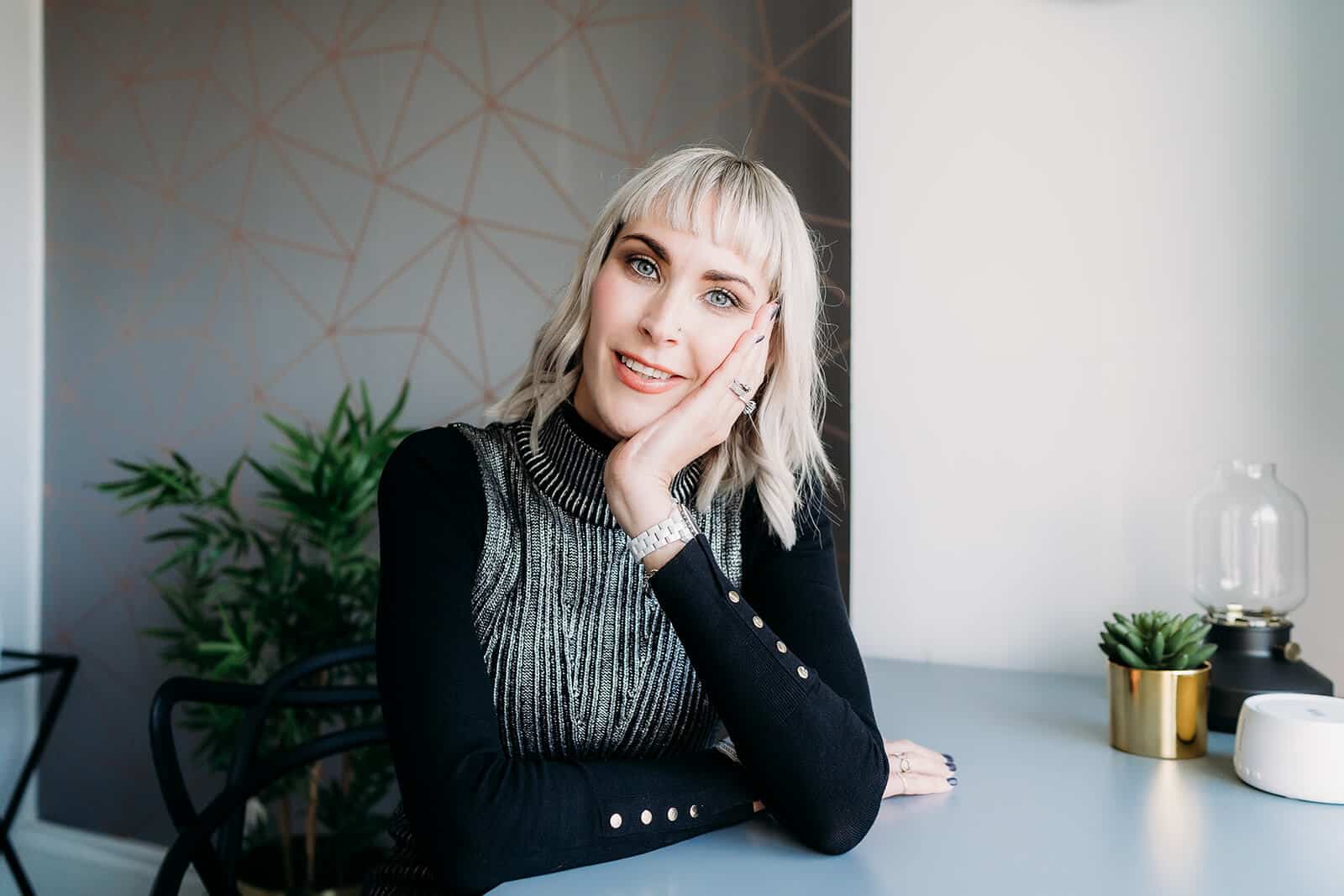
Dr Jo Gee Psychological Therapies
Self-Harm Counselling
When a person injures or harms their own body, it’s known as self-harm. And believe it or not, it is more common than you may think and can affect both old and young people. If you or anyone you know self-harms or thinks about it, it’s important to seek help as soon as possible. You’re not alone, and support is available through self-harm counselling. Such support can set you or your loved one on the road to complete recovery from the habit. Speaking to a GP is the first step towards getting your needed help.
Otherwise known as self-injury, self-harm involves the urge to cause bodily harm to yourself. While self-harm can take many forms, the ultimate intention is always to harm yourself intentionally. People self-harm in various ways; the damage could be minor or even life-threatening.
Some examples of minor self-harm include scratching, inflicting minor cuts, or even burning yourself. But other forms of self-harm involve:
Now that you know what self-harm is, what’s the cause? Why do people self-harm? Different people have various reasons why they self-harm. But in most cases, it’s an attempt to cope with emotions, feelings, or situations that they find too overwhelming. Such situations could include problems at school, difficulties at work, a hurtful relationship, or any event that leads to trauma, depression, anxiety, guilt, loneliness, and intense sadness. People may consider self-harm to manage the uncontrollable emotions that brew from such difficult situations.
Also, those who self-harm may attempt to communicate the emotional pain they feel inside by hurting themselves outside.
As indicated previously, self-harm involves a constant urge to cause bodily harm to yourself. And that’s usually the first sign to look for. But in most cases, this urge or desire is driven by uncontrollable emotions that result from difficult or painful situations.
If you or anyone you know self-harms, the good news is that there’s a way out. You can break through this difficulty and live a happy and healthy life. But you need to seek help as soon as possible. And don’t feel embarrassed about it, as self-harming is very common. Countless other people go through it, but at the same time, many people have received the help they need and are living their best lives.
Self-harm counselling and psychotherapy are designed to help you understand the issues around your self-harming tendencies. They can guide you to find the right ways to manage, reduce, and resolve them. It’s important to remember that while self-harm is the problem, the factors that lead to it must be managed. And that’s what counselling and psychotherapy will help you do.
You’ll benefit from cognitive behavioural or talking therapy to help you explore the painful experiences, trauma, depression, or other emotions that trigger an urge to cause bodily harm. That is very important because it may be impossible to permanently end the urge to harm yourself when you fail to address the triggers. And through the process, you can get the relief you need from those stressful situations, understand the underlying triggers behind the damaging habits, and identify healthier ways to manage your emotions.
Beyond that, counselling can also help friends, family, and other loved ones to understand self-harming habits and how best to offer the support needed.
A General Practitioner (GP) or health professional can help you find the support you need, including psychotherapy and counselling services. Thankfully, many experienced, professional, and friendly GPs are ready to offer the support you need. They can help you understand your feelings and navigate your emotions more healthily. As such, it’s best to speak to a GP as soon as possible. Doing this is essential if you or a loved one self-harms.
It can be challenging to approach or help people who self-harm if you don’t know what to do. Your best action is to find a GP or seek counselling services. But before that, do your best to listen to your loved one and try not to panic. Also, be careful not to judge them, especially when you do not understand their emotional or mental health struggles.
“From start to finish, it taught me so much about myself.”
“Thank you for challenging me when I needed it.”
“I can’t believe how much progress I’ve made in a short time.”
“After many years of therapy, you are the first person who gets me.”
Ready to book your appointment? Please press the button below to see our online availability. Can’t see what you need, then don’t hesitate to send a message via the contact form below or call or email our offices.
Whatever your current struggle, we’re here to help.
We offer online psychiatry, psychology, counselling and psychotherapy appointments. Contact us for a free 15-minute phone discussion to ask any questions you might have.
Many of our appointments can be conducted online if that’s preferable or easier for you.
For clinic appointments, we work from 3 Saxton Parklands, Guildford, Surrey, GU2 9JX.
Clients visit us from several nearby locations, including Addlestone, Aldershot, Ashford, Bisley, Camberley, Chertsey, Chobham, Cobham, Cranleigh, Dorking, Egham, Epsom, Esher, Farnham, Farnborough, Fleet, Godalming, Guildford, Haslemere, Horley, Horsham, Kingston, Leatherhead, Lightwater, Oxshot, Redhill, Reigate, Richmond, Send, Shere, Staines-upon-Thames, Sunbury-on-Thames, Surbiton, Virginia Water, Walton-on-Thames, West End, Weybridge, Windlesham and Woking.
Message or call us now to book an initial consultation.
ADDRESS
DJGP
3 Saxton Parklands
Guildford
GU2 9JX
ADDRESS
Guildford Therapy Rooms
3 Beaufort Parklands
Guildford
GU2 9JX
Hours
Monday – Friday: 9.00am – 9.00pm
